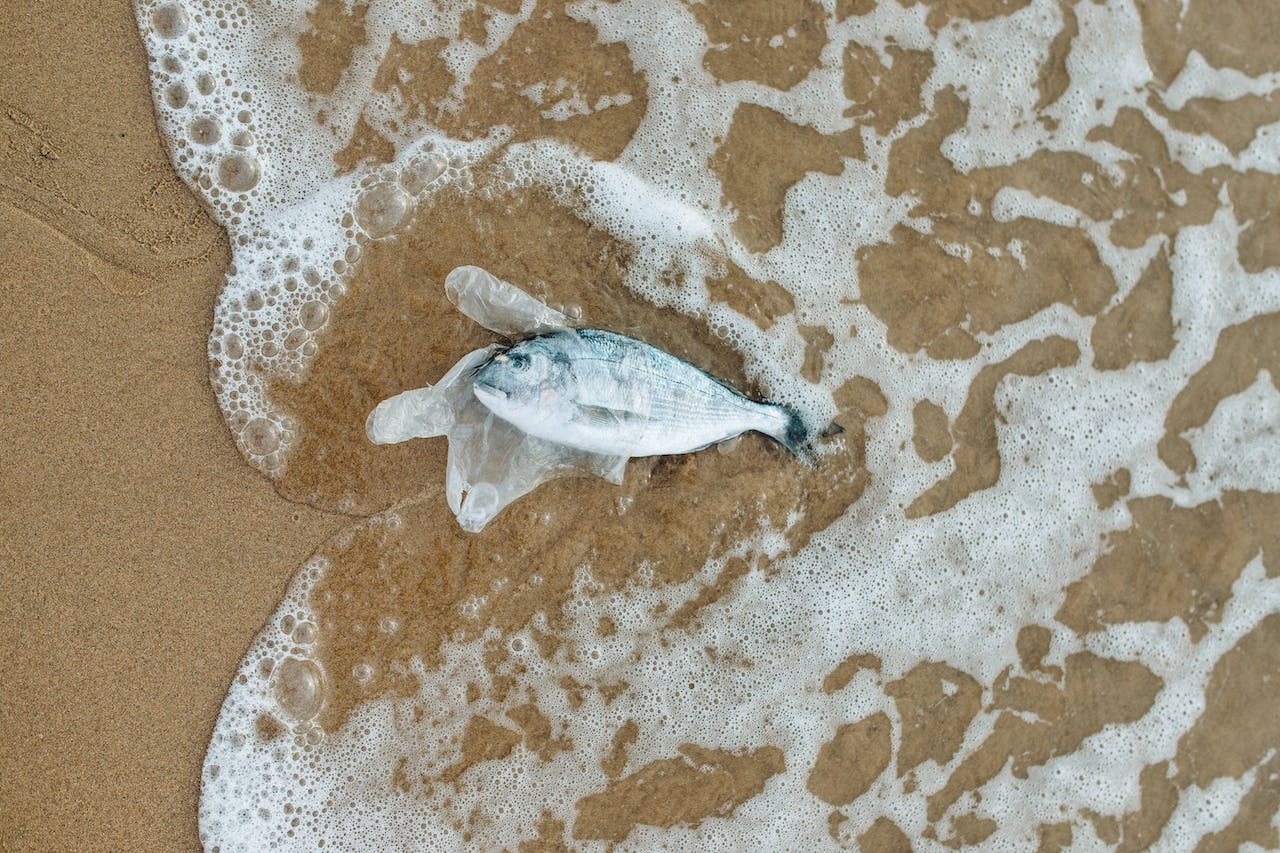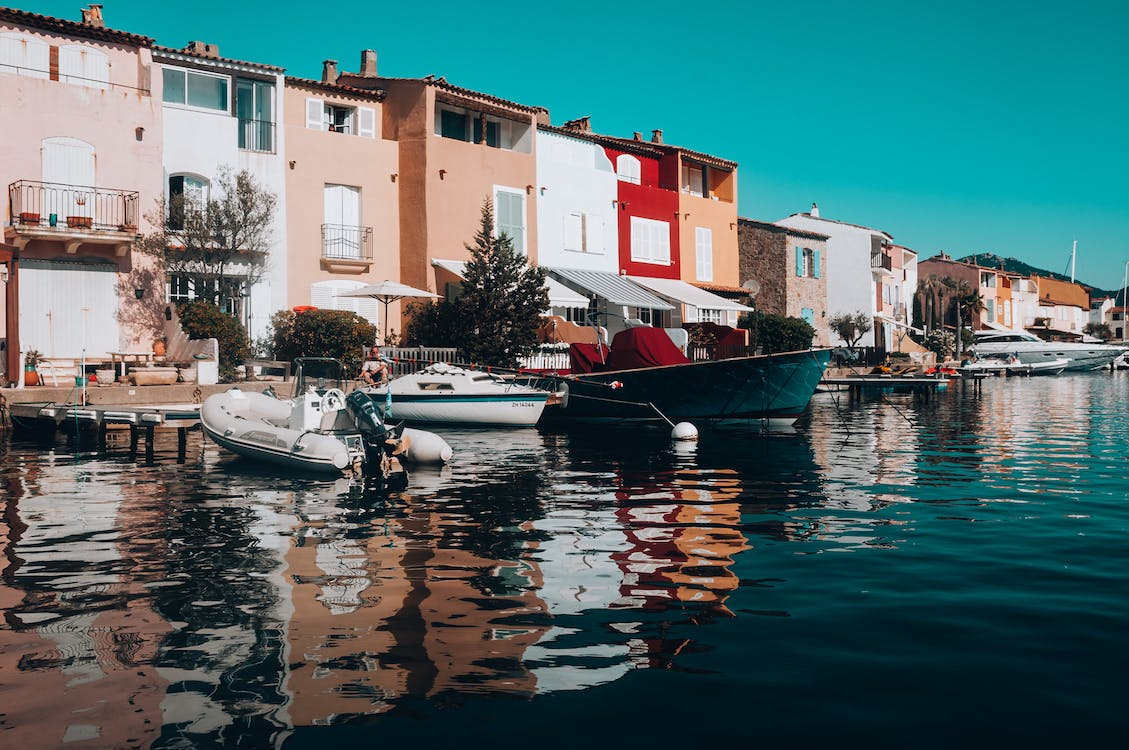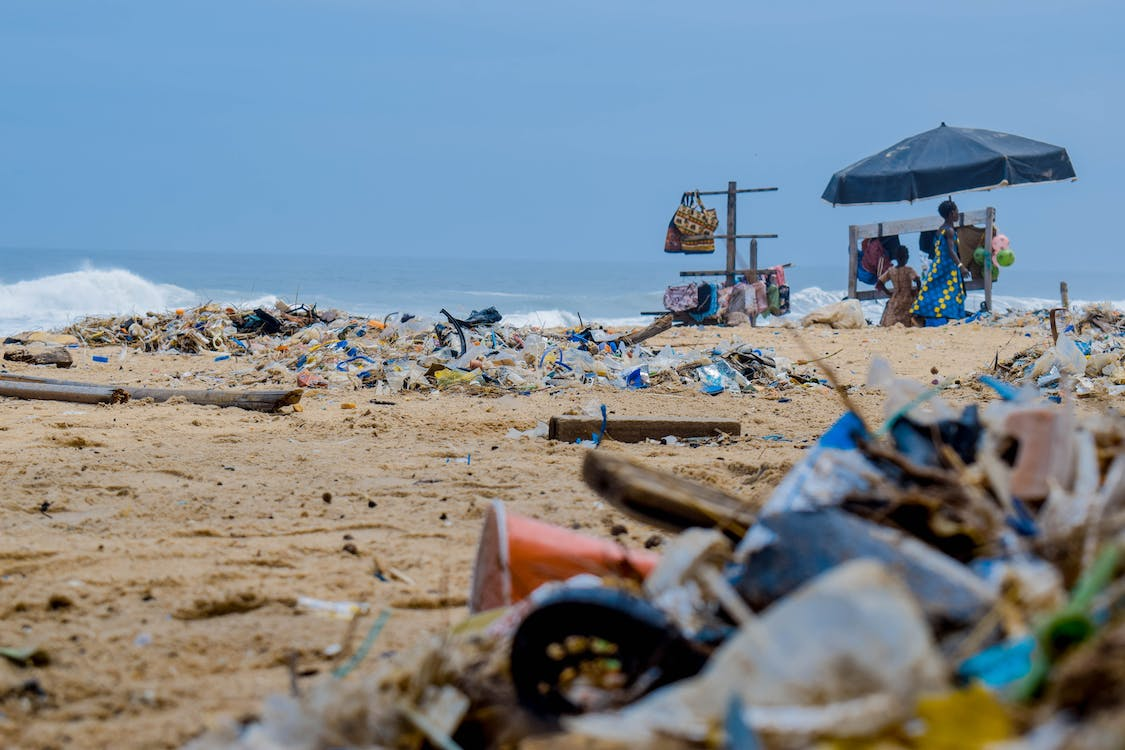Comments
- No comments found

The vast expanse of our oceans has long been a source of wonder and fascination, providing sustenance, recreation, and inspiration to countless generations.
However, the deep blue waters that cover over 70% of our planet's surface are facing an unprecedented crisis – marine debris and plastic pollution. The increasing prevalence of human activities, coupled with inadequate waste management, has led to an alarming rise in the levels of ocean pollution, posing a severe threat to marine ecosystems. In this comprehensive guide, we will delve into the intricate web of challenges posed by marine debris, explore its far-reaching consequences, and most importantly, discuss actionable strategies on how individuals, communities, and nations can contribute to the preservation of our oceans.

Understanding marine debris is paramount in addressing the silent menace that pervades our oceans. Marine debris encompasses a broad spectrum of human-made items, from discarded plastic products to abandoned fishing gear, that find their way into the vast aquatic expanses. The consequences of this intrusion are profound, as ocean pollution disrupts marine ecosystems and poses a direct threat to the diverse life inhabiting these waters. As ocean currents carry this debris across the globe, it accumulates in vast garbage patches, creating ecological challenges that extend far beyond what the eye can see. Recognizing marine debris as a silent menace is the first step towards fostering a collective consciousness for effective action against this pervasive environmental threat.
The consequences of pollution are far-reaching and multifaceted, impacting both marine life and human communities. Plastic debris, for instance, poses a direct threat to marine animals through ingestion or entanglement. Sea turtles, seabirds, and marine mammals often mistake plastic items for food, leading to devastating consequences for their health and survival. Additionally, the breakdown of larger plastic items into microplastics further exacerbates the problem, as these tiny particles infiltrate the food chain, posing a potential threat to human health.
To effectively deal with marine debris and plastic pollution, it is imperative to address the root causes that contribute to this environmental crisis. Single-use plastics, which have become ubiquitous in our daily lives, are a major culprit. Initiatives promoting the reduction of single-use plastics, such as bans on plastic bags and straws, are crucial steps in mitigating pollution. Furthermore, improving waste management infrastructure, implementing recycling programs, and fostering a global shift towards a circular economy are essential strategies for preventing plastic from entering our oceans in the first place. It is essential to recognize that addressing marine debris requires a comprehensive and collaborative effort on local, national, and international levels.
Local communities play a pivotal role in the fight against marine debris. Empowering communities with effective waste management practices can significantly reduce the amount of plastic reaching our oceans. Education and awareness campaigns are essential tools to instill a sense of responsibility and environmental stewardship among individuals. Moreover, supporting and promoting sustainable alternatives, such as reusable products and eco-friendly packaging, can contribute to a shift in consumer behavior, reducing the demand for single-use plastics. Community-led beach clean-up initiatives, river clean-up projects, and the establishment of recycling facilities are tangible actions that can be taken to prevent further degradation of our oceans.
While preventing additional plastic from entering the oceans is paramount, addressing the existing marine debris requires innovative technologies and cleanup strategies. Advancements in ocean cleanup technologies, such as autonomous drones and floating barriers, hold promise in removing large quantities of plastic from our oceans. Collaborative efforts between governments, non-profit organizations, and private sector entities are essential to scale up these technologies and deploy them effectively in areas heavily affected by marine debris. Additionally, investing in research and development of biodegradable materials can offer sustainable alternatives to traditional plastics, reducing the long-term environmental impact of human consumption.
Given the interconnected nature of our oceans, international cooperation is crucial to tackling the global issue of marine debris effectively. The United Nations, through initiatives like the Clean Seas campaign, seeks to unite nations in the fight against plastic pollution. Ratifying and implementing international agreements, such as the Basel Convention, which regulates the transboundary movement of hazardous waste, can help prevent the illegal dumping of plastic waste into the oceans. Collaborative research projects, knowledge-sharing platforms, and joint efforts in developing and implementing best practices can create a collective front against pollution, transcending national boundaries.

Understanding the root causes, addressing them through targeted strategies, empowering local communities, leveraging innovative technologies, and fostering international cooperation are all critical components of a comprehensive approach to dealing with pollution. Only through a united front can we navigate the waves of change and secure a sustainable and thriving future for our oceans.
Leave your comments
Post comment as a guest